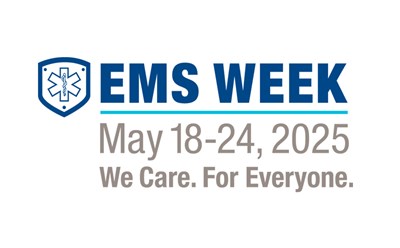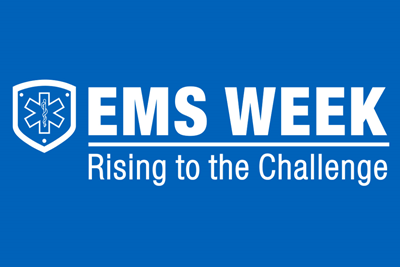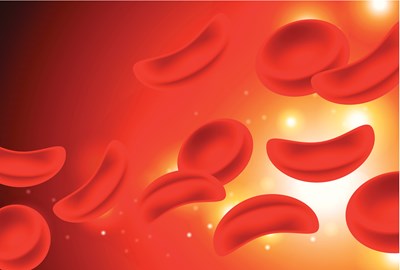Access to emergency care is critical and more people rely on emergency physicians than ever before. One in three people in the U.S. come to the emergency department each year, but polling shows that many patients don't really know who's taking care of them.
Emergency physicians — these are the physicians that care for you anywhere, at any time.
They're the doctors with unique training and expertise to lead skilled care teams on duty 24/7 in thousands of emergency departments across the country.
Meet the physicians who care for you during some of life’s scariest moments.
In one day, an emergency physician might deliver a baby, stitch a deep gash, or comfort a person experiencing a mental health crisis. These doctors see it all — from gunshot wounds and car-wreck injuries to heart attacks and drug overdoses.
Patients deserve the best possible care during a medical emergency, and physicians are the only ones with the training and expertise to lead the care teams serving as the foundation of America's health care safety net.
Patients prefer and deserve access to emergency physician-led care teams.
Patients overwhelmingly trust emergency physicians to lead their care in the emergency department and prefer to see a physician when they're having an emergency.
Almost four in five adults most trust a physician to deliver their medical care in an emergency, and nearly three in four report that they would be concerned if a physician was unavailable during their medical emergency.
When it matters most, patients want the most qualified health care professionals in the room. There is no substitute for a licensed, trained, and board-certified emergency physician.
Emergency physicians are the most qualified to lead care teams.
Physicians have the most education and hands-on training of the care team. An emergency physician is required to complete 11 or more years of training and is the only member of a care team that completes a medical residency. They also have significantly more hands-on training with real patients than the other professionals on their team, clocking at least 12,000 clinical hours.
It takes thousands of hours and years of experience to be able to identify the subtle symptoms that could mean the difference between life and death.
Shifts in the emergency department are exhilarating and unpredictable, but a licensed and board-certified emergency physician completes thousands of hours of training, and more than a decade of expert-level education, so that they are prepared in a moment’s notice for any challenge that comes their way.
Remember—It's OK to ask to see a physician.
 American College of Emergency Physicians
American College of Emergency Physicians







